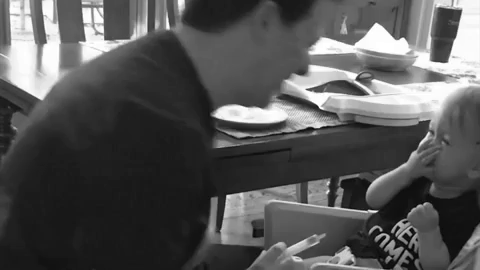Holiday giving
Share joy of the holiday season with the Cerebral Palsy Foundation.
Share joy of the holiday season with the Cerebral Palsy Foundation.
At the center of our mission is our community and giving them the power needed to affect change. We are making real progress in Early Detection and Intervention of Cerebral Palsy across the US and are at the precipice of training a critical mass of clinicians. By the end of 2022 we will have trained more than 4000 physicians, therapists, and nurses in best practice guidelines and standardized assessments. In the next 12 months we will also take our learnings to pilot projects in Uganda, Bulgaria, Peru, and Ireland ensuring the most vulnerable of our community are getting reached.

CP affects movement and no two cases are the same. CP is caused by a variety of things, but one way is due to lack of oxygen to the brain (also known as a stroke).

Imagine having a stroke as an adult and waiting 2 years to do anything about it. That’s insane right?! We think so too.

The brain’s ability to make connections is called neuroplasticity. If a baby starts therapies from 0-2 years old, he/she can actually recover function that was lost.

CPF partnered with 5 medical institutions to implement best practices for detecting cerebral palsy at the earliest possible moment.
I think the most fortunate thing is that we knew so early what was going on and could understand it. We could start working with him literally out of the gate. As soon as we got out of the NICU, he started therapy. - Evan, Owen’s Dad
Photo by Amy Cook
Our work across the lifespan is just as important as the changes we are making in infancy. We are excited for the continuation of our Adult Program with the development of the first International Preventative Healthcare Guidelines for Adults with Cerebral Palsy. This will follow our network approach to ensure implementation, advocacy and dissemination models are developed from the outset.
More than ever there is an urgent need for dialogue about inclusion and the implementation of inclusive classroom practices. We believe that understanding the “why” of inclusive education and disability advocacy can shape educators in “how” to move forward and that is why our goal is to have our award winning “Just Say Hi” inclusion program in every school across the United States. We have also taken this approach with our corporate partners with the development of “Inclusion Matters” corporate training.
What makes the Cerebral Palsy Foundation unique is our novel approach to identify and unlock potential. We listen to researchers, industry leaders, doctors and people with cerebral palsy’s needs alike, articulating and envisioning the missing pieces and then filling the most important gaps. In the face of the global pandemic, we were able to become more agile and responsive with over 90 cents of every dollar raised going to our programs.
The family toolkit is a one-stop shop designed to provide information and practical resources for parents who have just received a diagnosis.
Help improve how babies move and process information. The brain's ability to make connections peaks from 0-2yrs so starting physical therapy during this time is crucial to a baby's development.
CP is a brain injury (similar to a stroke) and in the past took 2 years to diagnose. Imagine if you had a stroke and had to wait two years to treat it. Help families get the assessments they need so they can get a diagnosis at 6 months.
80% of doctors graduate medical school without ever having treated an infant with CP. Training more providers guarantees that professionals will be able to detect the likelihood of cerebral palsy in high-risk infants so that families will have a roadmap for their child’s future.